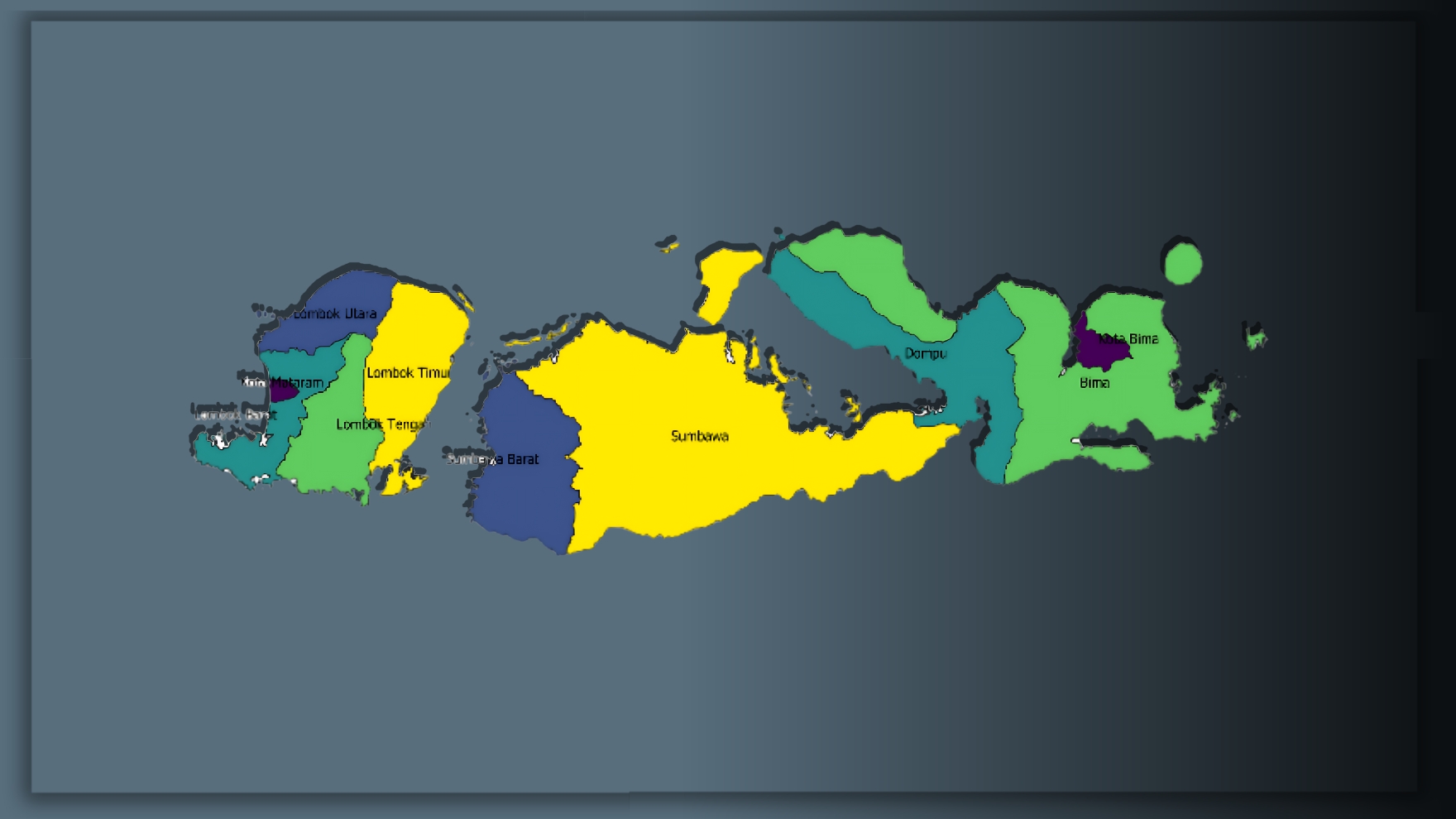The young researchers of the Biogas Research Team (BRT) are diligently working to increase the visibility of the success and potential of bioenergy sources across the globe. From Indonesia to Vietnam to Ethiopia, their efforts to highlight the impact and importance of incorporating renewable energy technologies are creating change worldwide.
With this popularization series, we aim to showcase the impact of our research on renewable energy in strategic countries around the globe.
Enjoy reading the research by our Ph.D. student Hidayatul Fitri!
Harvesting Energy: The Power of Biomass Agricultural Residues in Indonesia
Research by: Hidayatul Fitri et al. (2024).
In Indonesia, agriculture is critical for both the economy and food security, defining the nation as an agrarian country. The province of West Nusa Tenggara (WNT) exemplifies this with its rich combination of traditional and small-scale farming, contributing significantly to the region's economic prosperity and cultural identity. Key crops like rice, corn, cacao, and coffee flourish here, meeting domestic needs and even fueling exports. However, amidst this agricultural abundance is the challenge and potential of agricultural residues. Post-harvest, agricultural residue in WNT, typically in the form of stalk, husk, and straw, often ends up abandoned or burned on the land, contributing to environmental and health hazards. Luckily, PhD student Hidayatul Fitri is working towards incorporating a green solution by unlocking the potential of this organic material – biomass.
Biomass is a renewable, eco-friendly alternative to fossil fuels. By converting agricultural residues into energy through methods like biogas and biofuel production, there is the opportunity to not only mitigate pollution but also bolster energy security. This type of energy generation reduces dependence on unsustainable fossil fuels, curbs harmful emissions, and mitigates the greenhouse effect. It also provides the opportunity for waste management practices, promotes nutrient cycling in agriculture, and contributes to a cleaner, more sustainable future. Incorporating this potential requires strategic action. Choosing appropriate technologies for energy transformation, coupled with sustainable collection practices and community involvement, is vital. By investing in resource management and technology while fostering government and community participation, WNT can chart a course towards a greener, more prosperous future.
Fitri, H., Gürdil, G. A., Demirel, B., Cevher, E. Y., & Roubík, H. (2023). Biomass potential from agricultural residues for energy utilization in West Nusa Tenggara (WNT), Indonesia.?GCB Bioenergy. https://onlinelibrary.wiley.com/doi/full/10.1111/gcbb.13100


